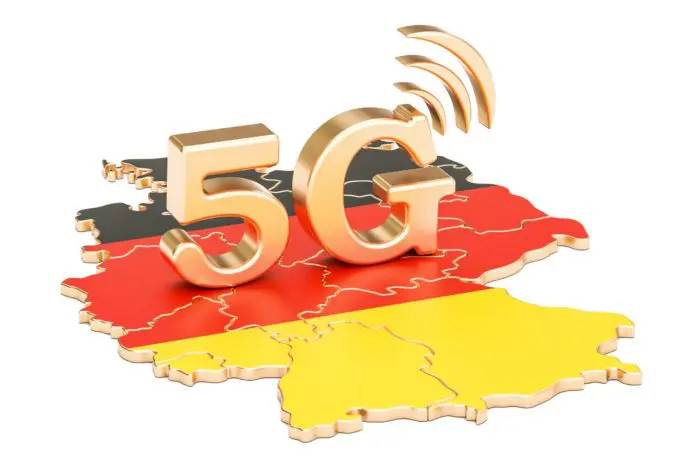Germany has announced plans to eliminate components from Chinese tech giants Huawei and ZTE from its 5G infrastructure. This decision is part of a broader effort to bolster national security and reduce dependence on foreign technology. The phase-out will occur over the next five years, with significant implications for the country’s telecom sector and international relations.
What’s Happening & Why This Matters
Germany’s Interior Minister, Nancy Faeser, emphasized the need to protect the “central nervous systems” of Germany’s business and communication sectors. By 2026, Vodafone, Deutsche Telekom, and Telefonica must remove these components from their core networks, which serve as control centers connected to the internet. The phase-out extends to access and transport networks, including physical parts like transmission lines and towers, by 2029.
- Security and Resilience: The German government highlights the necessity of secure and resilient telecommunications infrastructure to prevent sabotage and espionage.
- Trustworthy Manufacturers: To avoid critical vulnerabilities, Germany insists on relying on trustworthy manufacturers for its telecom needs.
Huawei, in a statement to CNN, denied any cybersecurity risks associated with its technology, asserting its commitment to cooperating with partners and improving cybersecurity. The Chinese embassy in Germany condemned the move, vowing to protect Chinese companies’ interests and warning of damaged mutual trust and potential impacts on future cooperation between China and Europe.

The decision aligns Germany with other nations like the United States, the United Kingdom, Australia, and Japan, which have already banned Huawei from their 5G networks due to espionage concerns. The U.S. has also imposed trade restrictions on Huawei, complicating its access to semiconductor chips from American suppliers.
Huawei’s annual report indicates that Europe, the Middle East, and Africa accounted for 21% of its revenue last year, underscoring the potential financial impact of Germany’s decision.
TF Summary: What’s Next
Germany’s phased ban on Huawei and ZTE components marks a crucial step in safeguarding its telecommunications infrastructure. This move is expected to influence other European countries and strengthen the collective stance against potential cybersecurity threats posed by foreign technology. As Germany navigates this transition, the focus will likely remain on ensuring a secure, resilient telecom network while balancing complex international relations.
- Trade Tensions: Germany’s move follows a recent decision to block the sale of a Volkswagen subsidiary to a Chinese state-owned company, further straining relations.
- European Union Actions: The European Union recently increased tariffs on Chinese electric cars, adding to the ongoing trade disputes.
Future developments may include increased scrutiny of other foreign technologies, further trade tensions with China, and potential shifts in Germany’s telecom partnerships. The global tech landscape continues to evolve, and Germany’s actions could set a precedent for other nations facing similar security concerns.
— Text-to-Speech (TTS) provided by gspeech


